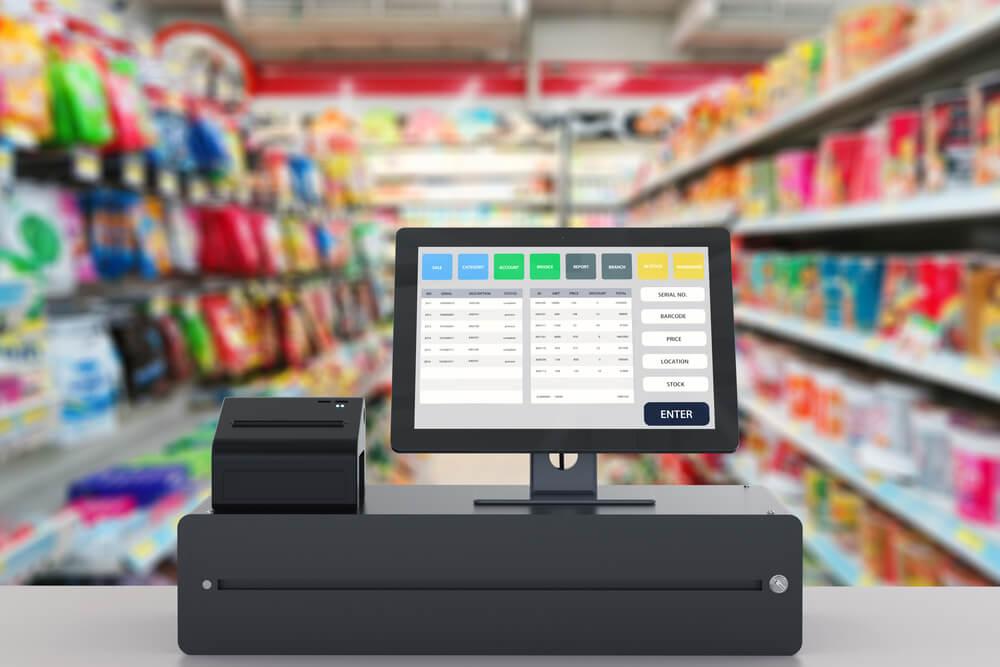The POS software market is in a constant state of innovation, with several powerful trends fundamentally reshaping how businesses transact and operate. Staying informed about these key POS Software Market Trends is crucial for any retail or hospitality business looking to stay competitive. These trends are the primary forces driving the market's strong and sustained expansion, which is on a path to reach USD 87.6 billion by 2035, advancing at a robust 14.27% annual growth rate. The most impactful trends are focused on creating a more unified, mobile, and intelligent commerce experience for both the business and the customer.
By far the most dominant trend is the ongoing shift to cloud-based POS systems. This move away from legacy, on-premise hardware has unlocked a new level of flexibility and accessibility for businesses. A cloud-based POS allows owners and managers to access real-time sales data, manage inventory, and monitor operations from any device, anywhere in the world. It also enables seamless integration with other cloud-based business tools, such as accounting software and e-commerce platforms. This trend is the foundational enabler for many other innovations in the space, as it provides the connected infrastructure necessary for modern, agile business management.
Another critical trend is the rise of omnichannel commerce. Today's customers expect a seamless shopping experience whether they are in a physical store, on a company's website, or on social media. Modern POS software is evolving to become the central hub for these omnichannel operations. It synchronizes inventory levels across all sales channels in real-time to prevent overselling. It unifies customer data, allowing a business to recognize a customer and their purchase history regardless of where they shop. This enables features like "buy online, pick up in-store" (BOPIS) and consistent loyalty programs across all channels, which are now standard consumer expectations.
Finally, mobility is a major trend that is transforming the in-person checkout experience. Traditional, fixed checkout counters are being supplemented or replaced by mobile POS (mPOS) systems running on tablets and smartphones. This allows sales associates to process transactions anywhere on the sales floor, reducing queues and creating a more personalized and consultative shopping experience. In restaurants, mPOS enables tableside ordering and payment, which speeds up service and improves order accuracy. This trend towards untethering the point of sale from a fixed location is creating a more dynamic and customer-friendly environment in both retail and hospitality settings.
Explore Our Latest Regional Trending Reports!
Japan Business Process Outsourcing (BPO) Services Market



